 EN
EN
 PT
PT

100 pagine su… is the first and new Erickson encyclopaedia that combines the pleasure of knowledge to entertainment. In just 100 pages, each volume presents a different topic in a clear and exhaustive way, accompanying the text with colourful illustrations and photographs.
Textual and para-textual devices in each volume guarantee wide readability and accessibility to the text: highly readable fonts, not too crowded pages, infographics, simple and clear images and photographs.
They can be used during individual study, but also at school as a teaching support to delve deeper into the topics of the school curriculum, do research and challenge each other in class.
What you will find inside the volumes

In-depth columns

Extra content

Audio summaries

Quizzes and games

A glossary
The solutions to the quizzes and the various activities, the audio summaries and the digital quizzes are available as online resources
THE VOLUMES
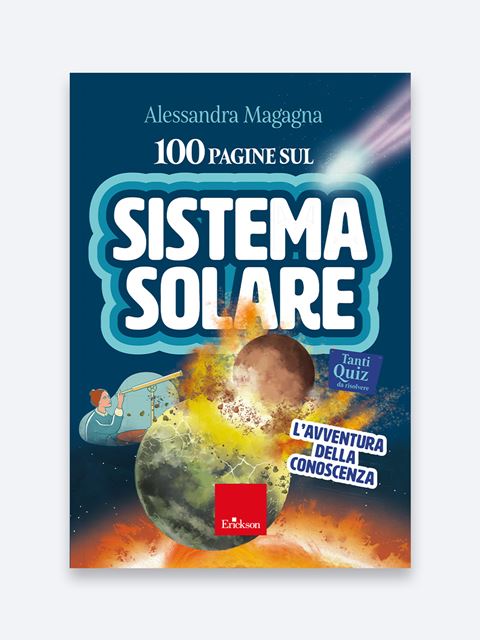
100 pages on the Solar System
The adventure of knowledge
Alessandra Magagna
In 100 pages, the volume collects insights, games and quizzes on:
Read an extract from the book, which has been translated into English to facilitate your evaluation:
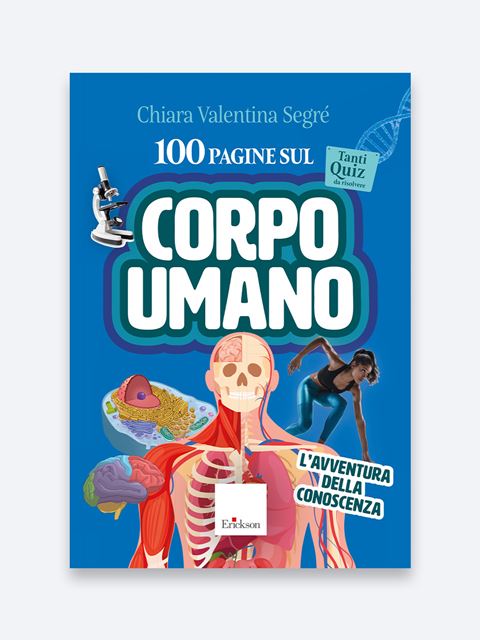
100 pages on the Human body
The adventure of knowledge
Chiara Valentina Segré
In 100 pages, the volume collects insights, games and quizzes on:
Read an extract from the book, which has been translated into English to facilitate your evaluation:
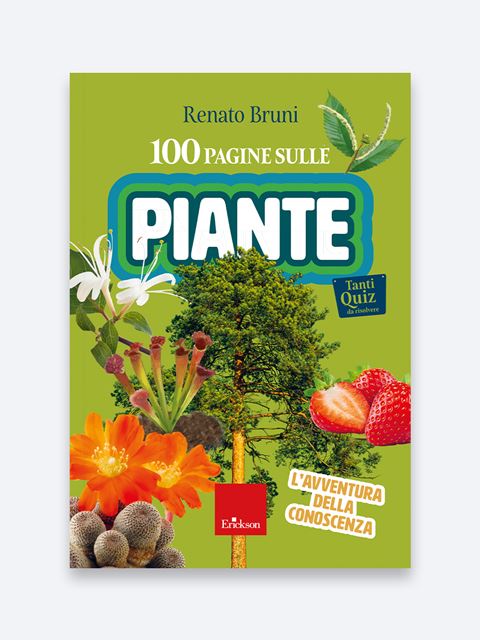
100 pages on plants
The adventure of knowledge
Renato Bruni
In 100 pages, the volume collects insights, games and quizzes on:
Read an extract from the book, which has been translated into English to facilitate your evaluation:
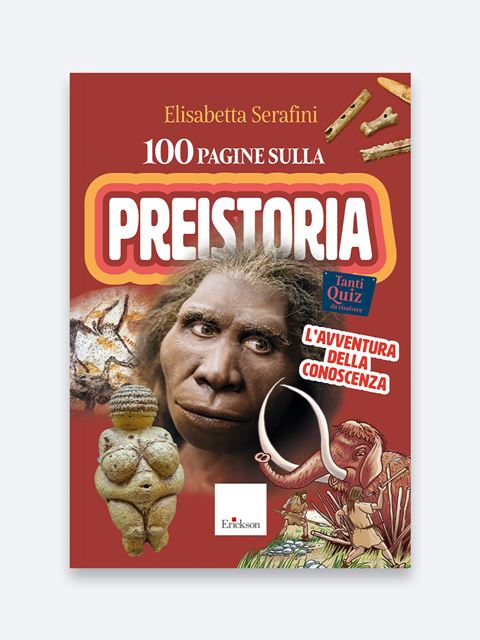
100 pages on Prehistory
The adventure of knowledge
Elisabetta Serafini
In 100 pages, the volume collects insights, games and quizzes on:
Read an extract from the book, which has been translated into English to facilitate your evaluation:
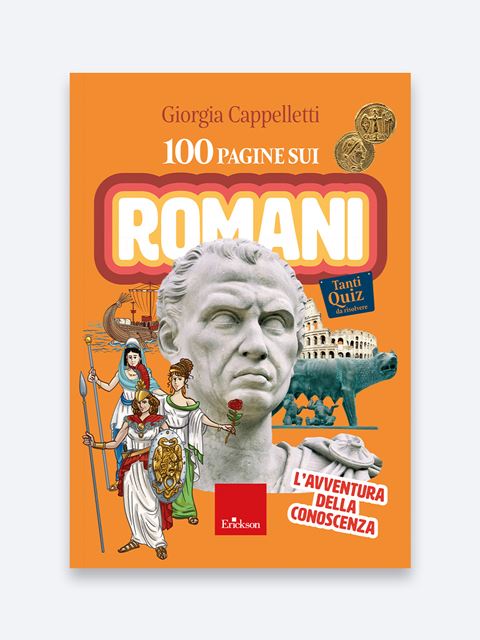
100 pages on the Romans
The adventure of knowledge
Giorgia Cappelletti
In 100 pages, the volume collects insights, games and quizzes on:
Read an extract from the book, which has been translated into English to facilitate your evaluation:
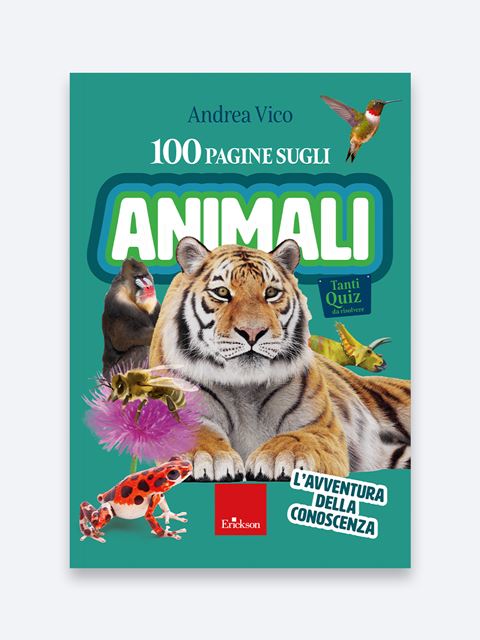
100 pages on the Animals
The adventure of knowledge
Andrea Vico
In 100 pages, the volume collects insights, games and quizzes on:
Read an extract from the book, which has been translated into English to facilitate your evaluation:
THE AUTHORS
Andrea Vico is a scientific journalist and author of various volumes. He writes for TuttoScienze, La Stampa, Il Sole 24 Ore and Le Scienze. For Rai 3 he was co-author of Hit Scienze, a television program for children entirely dedicated to science.
Giorgia Cappelletti is an archaeologist who deals with museum communications and writes history volumes for children.
Elisabetta Serafini, a primary school teacher, she graduated in History and then obtained a PhD in the same discipline, specialising in Women and Gender History.
Renato Bruni, Scientific Director of the Botanical Garden of the University of Parma, where he works as an associate professor in Pharmaceutical Biology studying and reporting on the links between plants and humans.
Chiara Valentina Segré. Since 2010, she has been fully dedicated to scientific outreach and communication, and she is currently the scientific supervisor at the Umberto Veronesi Foundation for the Progress of Science.
Alessandra Magagna. Graduated in Natural Sciences with an experimental thesis in Science Education, she continued her academic path with a Master’s degree in Environmental Communication and a PhD in Earth Sciences.